Future Factory has rebranded to mark a decade in business and to celebrate a massive 35% surge in business growth since 2020.
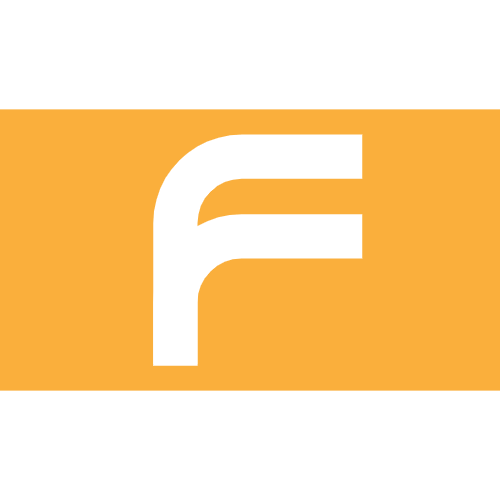

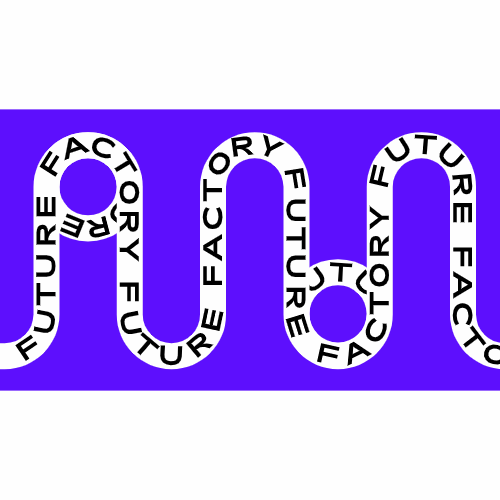

The founders of the new business consultancy for creative agencies, which has offices in London and Manchester, credits the growth to a significant shift in the new business climate during the pandemic, with agencies from all corners of the industry no longer having a strong, predictable pipeline of client spend and business.

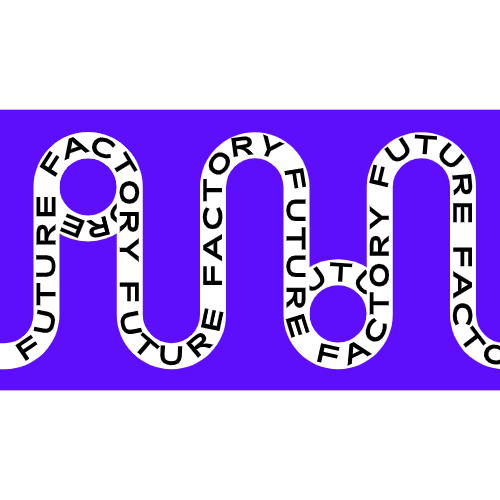

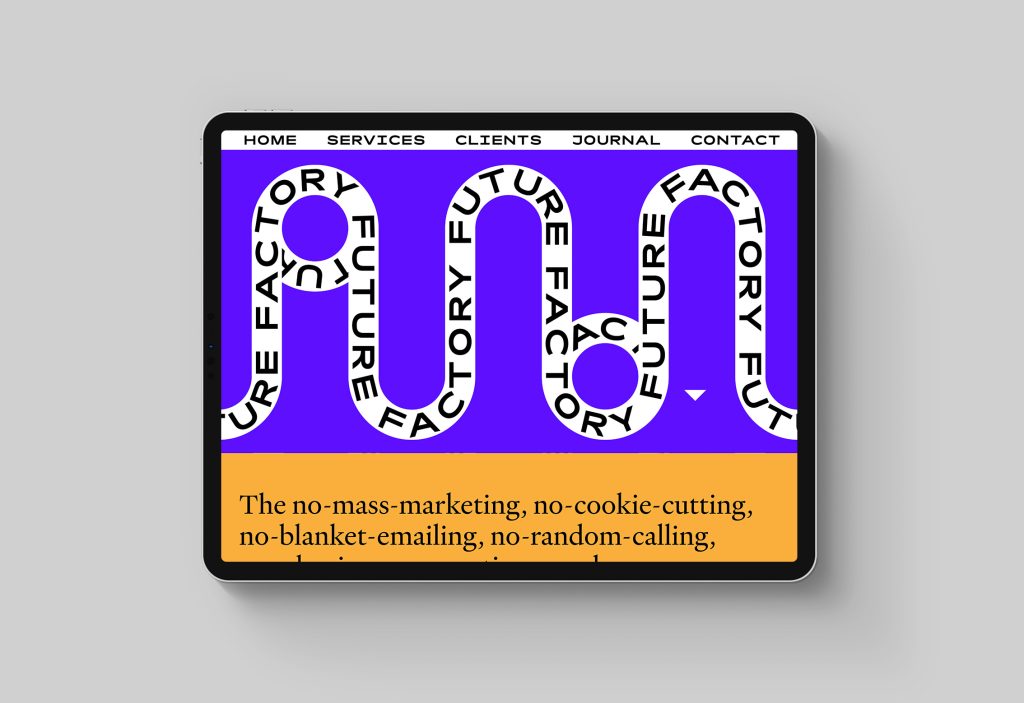
The process for securing new business is rarely discussed by agencies, or the wider industry, outside of a glowing announcement detailing a pitch win or a frantic statement defending a loss. While many agencies are experts at selling the brands they work with, when it comes to their own business, they don’t always have the time, expertise or resources to find and secure the dream clients. As a result many turn towards lead generation partners – who can often lean towards a ‘hard sell hustle’ of marketing automation and mass emails, that burn more bridges than they build.
Future Factory is committed to being the antidote to this, with many of the team coming from creative backgrounds. They have developed and delivered new business strategies to over 300 agencies over the last 10 years, including some of the most successful creative shops in the UK, namely Digitas, The Romans, Mother, Quiet Storm, Ogilvy and M&C Saatchi.
Alex Sibille, co-founder at Future Factory explains: “The traditional pitch process is in flux. It’s harder than ever to find the right work, and the pandemic made agencies realise how vulnerable they can be if they rely on inbound new business. Plus with talent shortages and having to turn down work, agencies want to make sure the work they do take on is dream work, and not just whatever comes through the door. We help agencies proactively get the type of work they really want, and from the brands that light them up.”
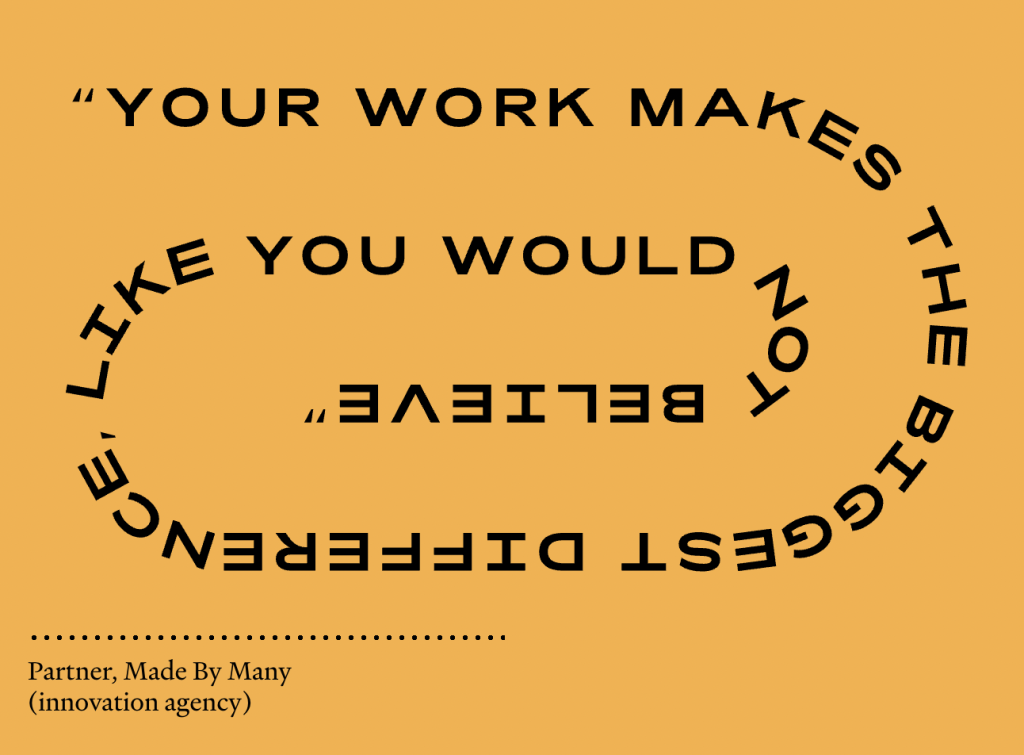
The identity was developed by design and brand consultancy DutchScot, and reflects how the new business consultancy aims to visually connect with creative agencies, rather than the ‘anti-design’ look of most lead-gen businesses. The visual language and identity throughout the new brand is a play on the word ‘factory’, to highlight that Future Factory’s hand-crafted approach to lead generation is anything but mass produced.
Jacob Vanderkar, Creative Partner at DutchScot said: “We loved the juxtaposition between the mass-produced, ‘Factory’ element of their name and the very personable, bespoke, and tailored way in which they work. That felt like a combination that could be really fruitful to play with and it turned out to be exactly that.”
The original Future Factory brand was designed by co-founder Dan Sudron, based on a royalty free vector that the team discovered later, was used by Thom Yorke on one of his album covers.
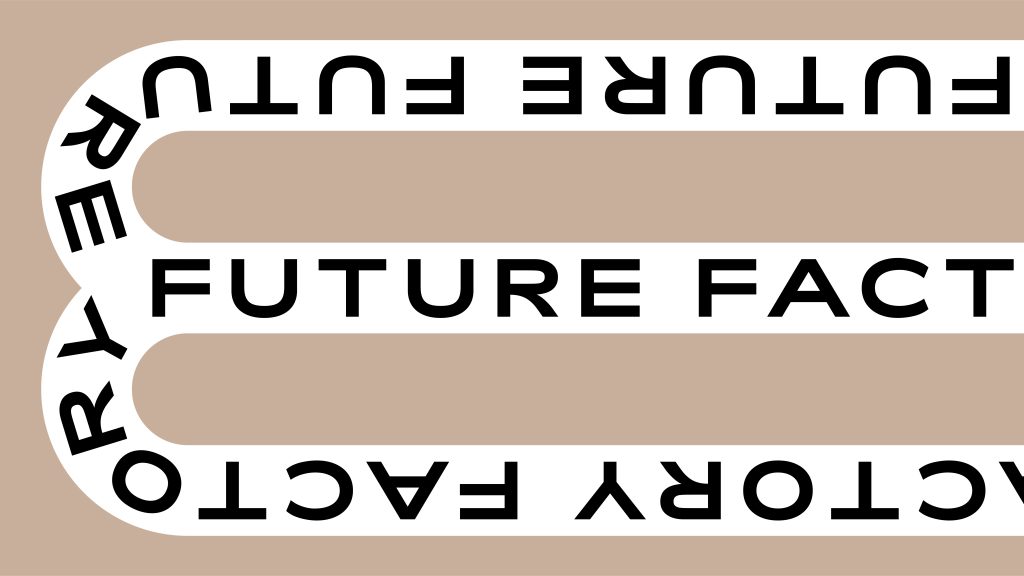
Dan Sudron, co-founder added: “While sharing something in common with Thom Yorke was pretty cool for a while – it’s time that we ensured our brand reflected what we do and where we’re headed. The last two years have taught us that you don’t have to be physically in-house to be part of an agency, understand it, represent it, and help with its growth. In that sense, we’re like a surrogate new business team. 75% of the new business connections our team creates are with C-Suite or Director or Head of or VP, and those are the people that hold the budgets and briefs for our clients. We help agencies get back to growth by building connections with the brands that they dream of working with.”
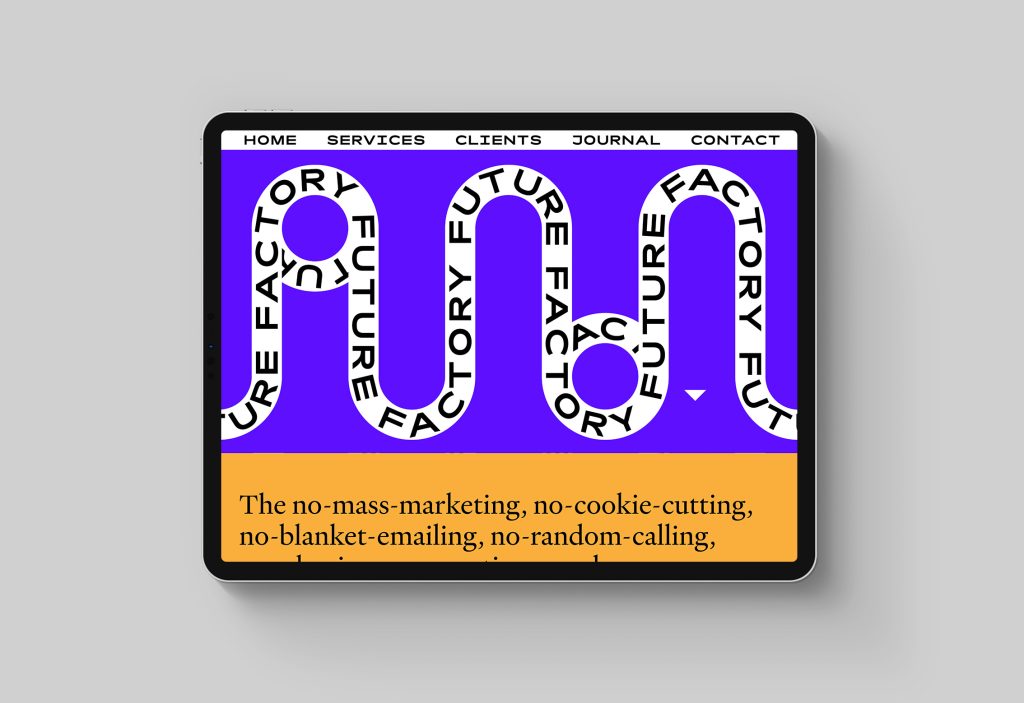
Source: Future Factory

You must be logged in to post a comment Login